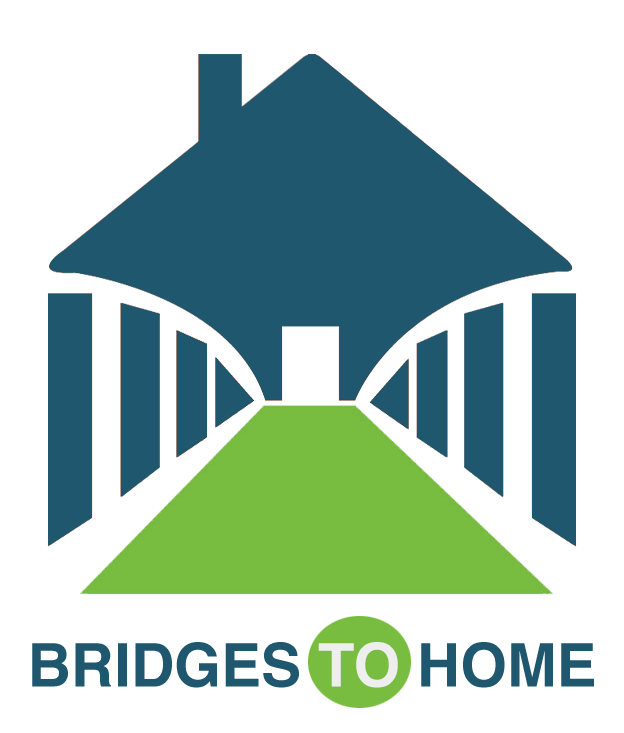The Centers for Disease Control (CDC) estimates 1 in 59 children in the United States today are affected. There is a range of autism called the autism spectrum disorder (ASD), which refers to a broad range of conditions characterized by challenges with social skills, repetitive behaviors, speech and nonverbal communication. Influenced by a combination of genetic and environmental factors, each person with autism has a distinct set of strengths and challenges, with some that can be highly skilled, and others severely challenged, needing daily support, while others need less support.
What factors influence the development of Autism?
Several factors may influence the development of autism, and it is often accompanied by sensory sensitivities and medical issues such as gastrointestinal (GI) disorders, seizures or sleep disorders, as well as mental health challenges such as anxiety, depression and attention issues. Indicators of autism usually appear by age 2 or 3. Some associated development delays can appear even earlier, and often, it can be diagnosed as early as 18 months. Research shows that early intervention leads to positive outcomes later in life for people with autism.
What are the signs of autism?
The timing and intensity of autism’s early signs vary widely. Some infants show hints in their first months. In others, behaviors become obvious as late as age 2 or 3. Not all children with autism show all the signs. A professional evaluation is crucial.
What indicates your child is at risk for an autism spectrum disorder?
If your child exhibits any of the following, ask your pediatrician or family doctor for an evaluation right away:
- By 6 months, a few or no big smiles or other warm, joyful and engaging expressions
- Limited or no eye contact
- By 9 months little or no back-and-forth sharing of sounds, smiles or other facial expressions
- By 12 months little or no babbling little or no back-and-forth gestures such as pointing, showing, reaching or waving
- Little or no response to name
- By 16 months very few or no words
- By 24 months very few or no meaningful, two-word phrases
- At any age loss of previously acquired speech, babbling or social skills
- Avoidance of eye contact
- Persistent preference for solitude
- Difficulty understanding other people’s feelings
- Delayed language development
- Persistent repetition of words or phrases
- Resistance to minor changes in routine or surroundings
- Restricted interests Repetitive behaviors (flapping, rocking, spinning, etc.)
- Unusual and intense reactions to sounds, smells, tastes, textures, lights and/or colors
If you have concerns, get your child screened and contact your healthcare provider.
